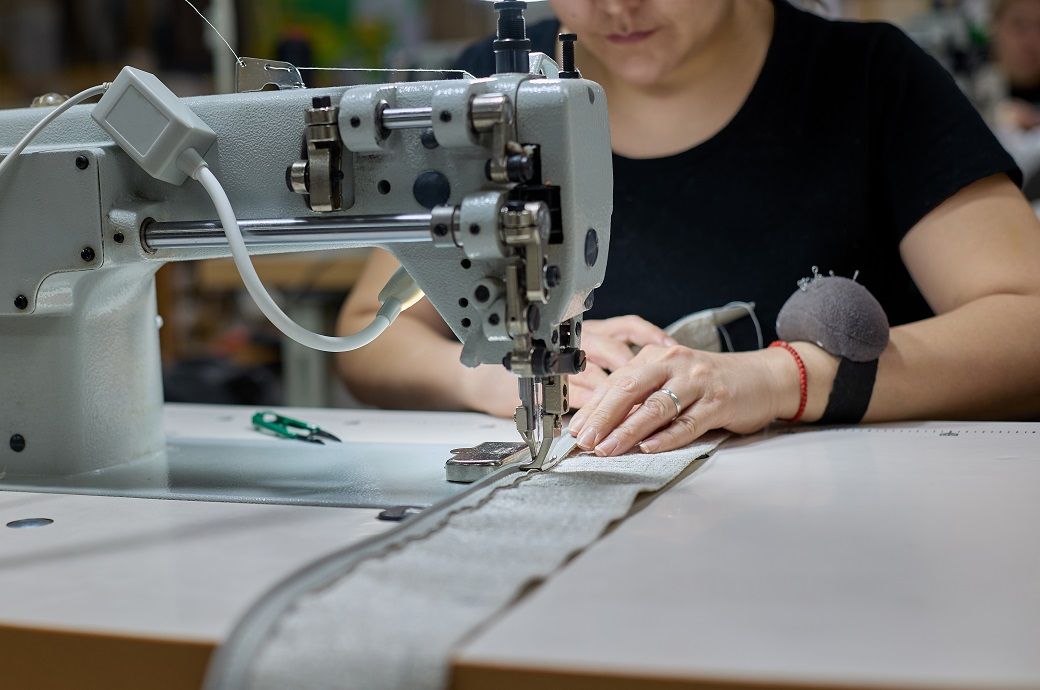
Ethical considerations are becoming increasingly important to Australian clothing buyers, particularly when it comes to the safety of garment workers. Nine in 10 (88 per cent) of respondents believe it is essential to consider the safety of garment workers when purchasing clothing. This is particularly significant in light of the 10th anniversary of the Rana Plaza tragedy, which claimed the lives of 1,134 garment workers and injured over 2,500. The tragedy has had a lasting impact on consumers, who are increasingly concerned about the safety and well-being of those who make their clothes, as per the Oxfam survey.
Over half of each generation surveyed claimed to make ethical considerations when purchasing clothing, compared to just 35 per cent of baby boomers.
The survey also highlighted the poor conditions faced by garment workers in countries such as Bangladesh, China, Vietnam, and India, where over 80 per cent of Australian clothing is produced. Garment workers in these countries earn as little as $75 a month and often work in dangerous and exploitative conditions.
Oxfam Australia’s economic justice lead Nayeem Emran said: “These survey results demonstrate that Australian consumers are increasingly mindful of the ethical impact of their purchasing decisions, and fashion brands must address these concerns to remain relevant in the market.
“We know there is a growing concern among consumers for ethical fashion, proving that the Rana Plaza tragedy has not been forgotten. The Rana Plaza disaster was a wake-up call, and consumers’ demands for transparency and accountability in the fashion industry will continue to increase in the years to come.”
Survivor of the Rana Plaza collapse, Nilufa Yesmin, said: “I see darkness in the future. I cannot work in a garment factory again. As my days are passing, I am suffering from sickness. Now, no garment factory takes me; they say I am injured from Rana Plaza, and I cannot work.
“Those who buy clothes from Bangladesh and wear them, I want to tell them that, the workers are not paid equally, compared to the work. But workers have the right to get a fair wage from owners and should never be harassed. And they should get a fair wage.”
Fibre2Fashion News Desk (DP)